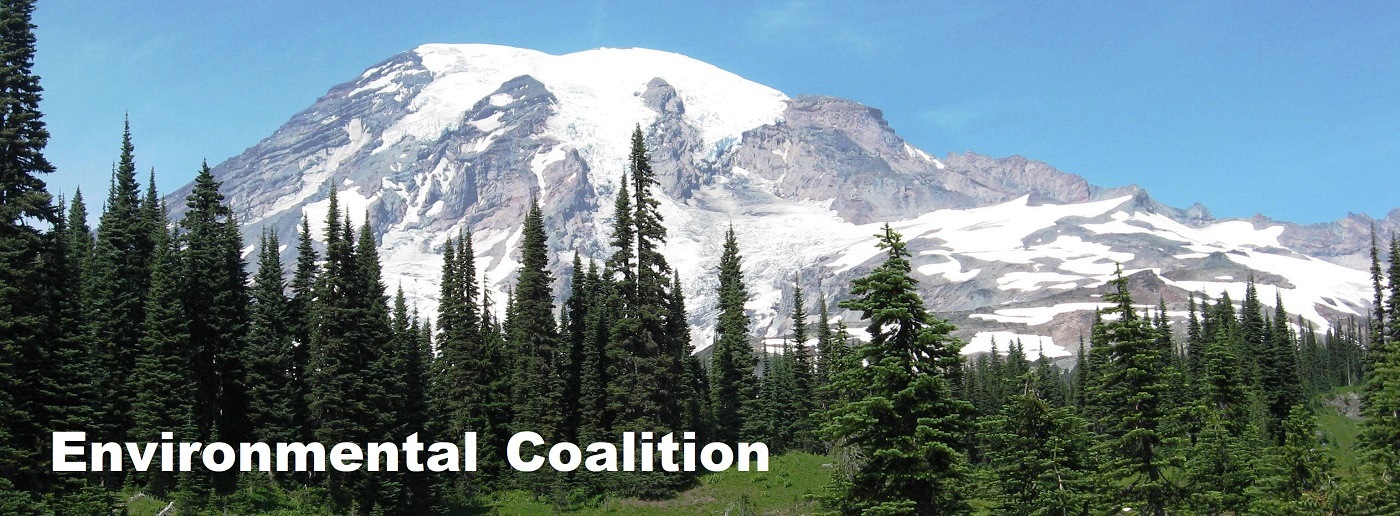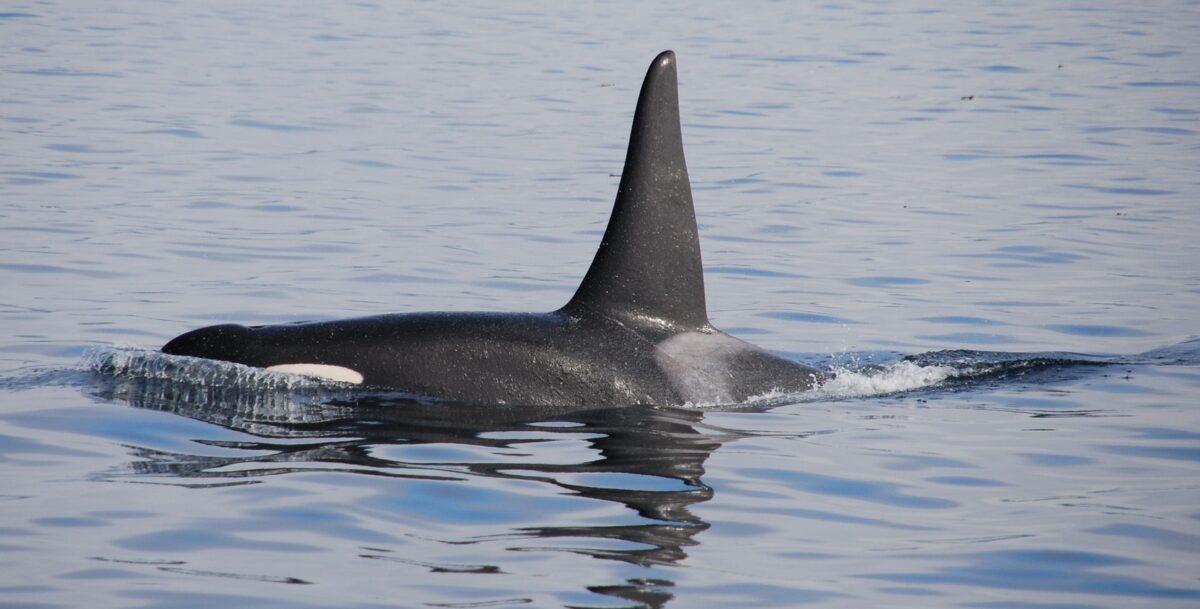By Kirk Kirkland
The fate of Gig Harbor’s Burley Lagoon hangs in the balance while community members await the decision of the Pierce County Hearing Examiner. The community is requesting the Examiner to deny a permit for a 25-acre industrial geoduck operation.
If approved, it would likely become the largest geoduck site in the region, threatening marine habitats in this estuary in the process, and setting a precedent for continued expansion of similar sites throughout Puget Sound.
A hearing in May 2023 before the Gig Harbor Land Use Advisory Commission (LUAC) resulted in the commissioners’ recommendation that Pierce County deny the Taylor Shellfish Burley Lagoon permit.
Since then, the Pierce County Hearing Examiner has delayed the final decision on the proposal by Taylor Shellfish. The contracted Hearing Examiner for the Gig Harbor hearing was also hired in other countries where she previously approved 20 geoduck site permits across Puget Sound. At the appeal hearing in May, witnesses presented a Cumulative Impact Statement that showed the impact on South Puget Sound of industrial geoduck aquaculture was “significant.”
In 2019, a Seattle Federal Judge revoked 900 geoduck permits and required all new permits to include a cumulative impact analysis (CIA). At Burley Lagoon, a coalition of environmental groups filed an appeal requesting the county to require a CIA of the entire South Puget Sound.
Instead, Pierce County Planning staff only conducted an analysis of just one new 25-acre farm in Burley Lagoon and didn’t examine the cumulative impacts of the 25-acre farm on the Burley Lagoon or what is added to other permits issued this year in South Puget Sound, as required by the federal decision.
The coalition of environmental groups that opposed the permit expect the Hearing Examiner to not require a cumulative analysis, forcing the appellants to make a costly appeal to the Shorelines Hearings Board and state Court of Appeals.
Three groups contributed to this appeal: The Coalition to Protect the Puget Sound Habitat, which is responsible for the federal appeal; The Environmental Coalition of Pierce County, which provided testimony concerning the federal appeal and impacts on Burley Lagoon; and Friends of Burley Lagoon provided witnesses at the appeal of Pierce County’s Conditional Use Permit in May.
Burley Lagoon is designated as a Shoreline Of State Significance, which provides wildlife habitats for endangered Chinook salmon as well as forage fish, seals, shorebirds, and other marine life. Pods of orcas visited Burley Lagoon last year, shown in the photo. Burley Lagoon is home to three salmon-spawning streams. In the past, small clams and oysters have been farmed in ways more compatible with the surrounding residential neighborhood.
Approval of this permit is contrary to the work done by the State of Washington to keep plastic bags and containers out of the environment. In previous shellfish industry permits, companies were allowed to use plastic pipes and nets in tidal areas.
Approval of this 25-acre geoduck permit here would intensify industrial aquaculture operations. The shellfish industry uses power nozzles to harvest the geoducks, which liquefies the beaches and damages the tidal area, creating a sandy, cratered moonscape.
In the past, small clams and oysters have been farmed in the Burley Lagoon environment. However, this change in aquaculture management over the past decade has led to industrial practices and the extensive use of plastics. Predator exclusion netting covers up the natural feeding grounds of birds and marine life.
Janey Aiken, with Friends of Burley Lagoon, says, “$41.6 million dollars is being spent restoring fish passage through Purdy Creek that flows into Burley Lagoon. It’s shocking the aquaculture industry would be allowed to use even more plastic gear and practices that further degrade the habitat of ESA-listed Chinook salmon and other species in Burley Lagoon.”
“This estuary supports multiple habitats, including salt marshes, wetlands, eelgrass beds, mudflats and more. They all provide critical habitat for marine species. Approval of the geoduck installation permits would intensify industrial aquaculture operations here and would further disrupt the lagoon, the wildlife and the surrounding community.”
Concerns persist about the geoduck monoculture’s impact on biodiversity, since approximately 130,000 geoducks could be planted in plastic tubes per acre, monopolizing phytoplankton, the basic food source of other naturally occurring aquatic species.
The broader implications of the Hearing Examiner’s decision extend beyond Burley Lagoon and impact aquatic species, recreational opportunities, and aesthetics throughout Puget Sound. “We, community members, are standing up against a powerful industry,” Aiken added. “Decisions made today will impact future generations and the health of Puget Sound.”
To learn more, visit: www.friendsofburleylagoon.org


